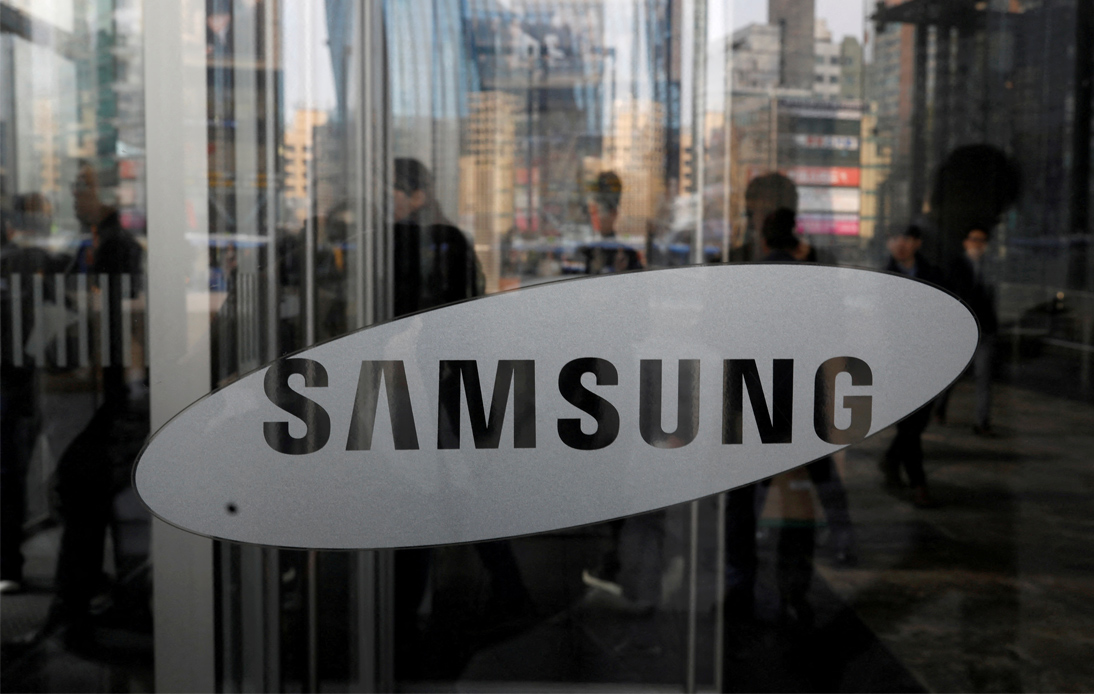
The Biden administration will provide up to $6.4 billion in grants to Samsung Electronics of South Korea for the expansion of its chip production in central Texas, a move that is part of a wider initiative to boost U.S. chip production, the Department of Commerce said.
This funding, sourced from the 2022 Chips and Science Act, will be used to develop two chip manufacturing sites, a research facility, and a packaging center in Taylor, Texas.
Additionally, the funds will help Samsung enlarge its semiconductor plant in Austin, Texas, noted Gina Raimondo, the Secretary of Commerce.
This expansion will increase chip supplies for the aerospace, defense, and automotive industries and strengthen national security, as administration officials stated to reporters.
“These investments will allow the US to once again lead the world, not just in semiconductor design, where we currently lead, but also in manufacturing, advanced packaging, and research and development,” Raimondo said.
Kyung Kye Hyun, Co-CEO of Samsung Electronics, stated, “To meet the expected surge in demand from US customers for future products like AI chips, our fabs will be equipped with cutting-edge process technologies and help bring security to the US semiconductor supply chain.”
Samsung plans to start production by 2026, with analysts predicting the initiation of 4-nanometer chip manufacturing at its trial production line, which is expected to eventually advance to 2-nanometer chips.
This award, making Samsung the third-largest recipient of Chips Act funding as initially reported by Reuters, marks another strategic step by the Biden administration to develop the U.S. chipmaking sector.
The initiative aims to decrease dependency on China and Taiwan, noting a decline in U.S. global semiconductor manufacturing capacity from 37% in 1990 to 12% in 2020, as per the Semiconductor Industry Association (SIA).
U.S. lawmakers have expressed concerns over the reliance on Taiwanese-produced chips by TSMC, the world’s leading contract chipmaker, highlighting the geopolitical risk as China claims Taiwan and has not ruled out the use of force for reunification.
“By investing in leading-edge semiconductor manufacturing, we are helping secure this vulnerable supply chain, boosting our national security and global competitiveness, and creating new jobs for Texans,” stated John Cornyn, a Republican U.S. senator from Texas who co-sponsored the original legislation.
Samsung is projected to spend approximately $45 billion to develop and expand its Texas operations by the end of the decade, as reported by senior administration officials.
SIA praised the initiative, stating, “We applaud Samsung for investing boldly in US-based manufacturing and salute the US Commerce Department for making significant headway in implementing the CHIPS Act’s manufacturing incentives and R&D programs.”
Last month, Intel received $8.5 billion in grants, while Taiwan’s TSMC secured $6.6 billion in April to expand its production in the U.S.





















